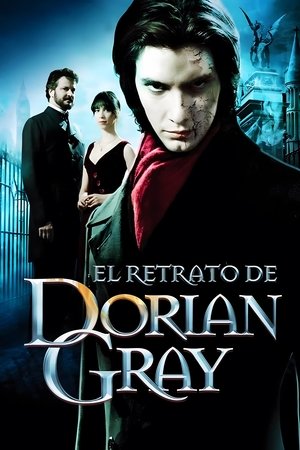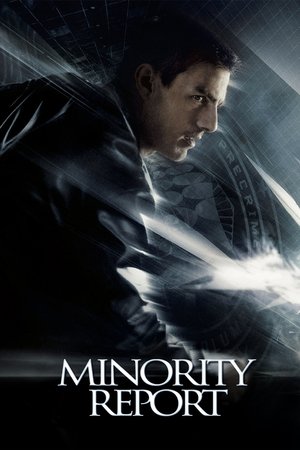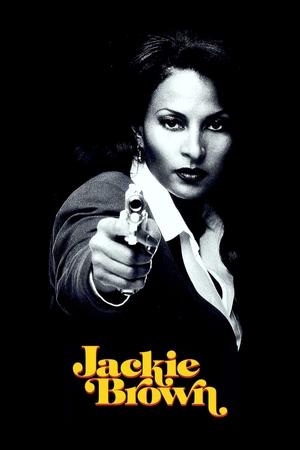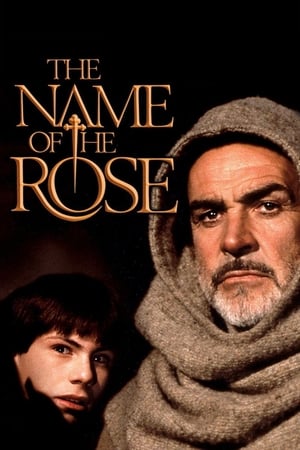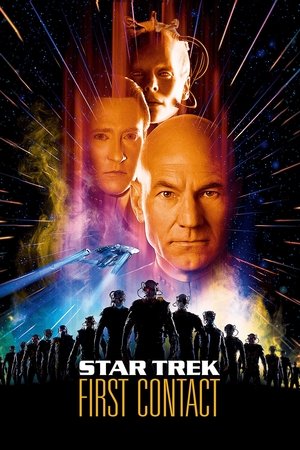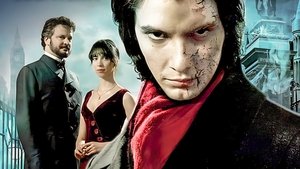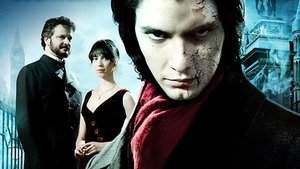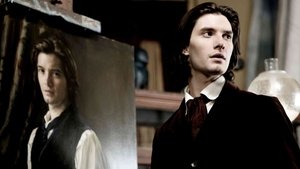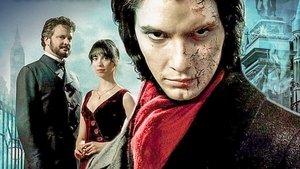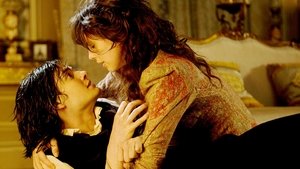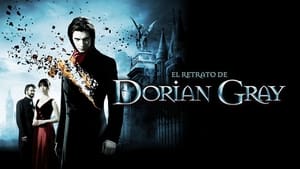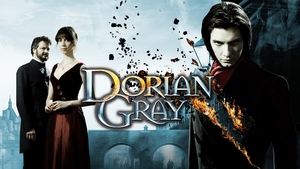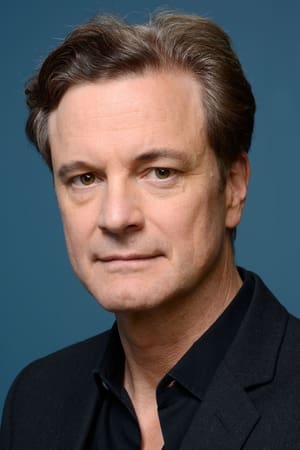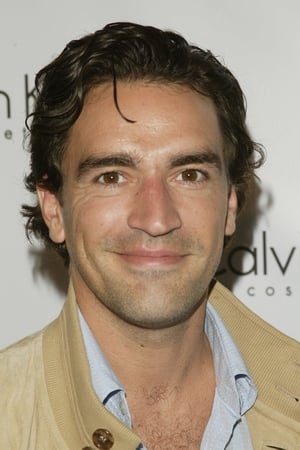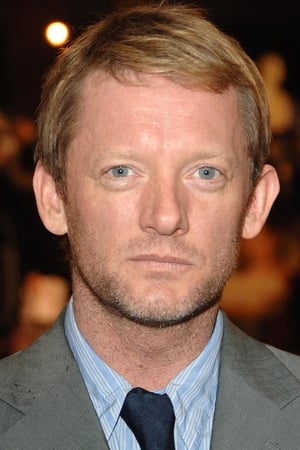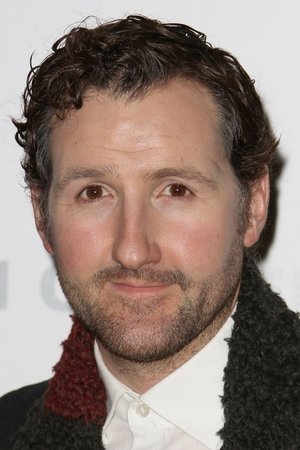-
John Chard
How Ominous! Another adaptation of the Oscar Wilde story. Film is about Dorian Gray (Ben Barnes), a man taken by the hedonism bug shown to him by Lord Wotton (Colin Firth). Upon having his portrait painted, Dorian comes to never age, but at what cost? Clearly not faithful to the literary source, Oliver Parker's film is an interesting misfire. As a sexy chiller it kinda works, having more in common with Hammer Films of the 70s than with Wilde's prose. Yet it often feels like style over substance, blood or nudity for blood and nudity's sake. While strong performances by Firth and late in the play by Rebecca Hall hold the attention, Barnes is bland and apart from being pretty, is unconvincing. Also irritating is Charlie Mole's musical score, it's good, it's just not in the right movie! The makers try to make a Gothic horror film from a Gothic horror novel, but never quite get to grips with the undercurrents of the story. Shame. 5/10
-
Gimly
Handballs it in on just about every important (and engaging) aspect of the actual _Portrait of Dorian Gray_ story. _Final rating:★★ - Had some things that appeal to me, but a poor finished product._
-
tmdb28039023
It's a shame that such a theoretically perfect Dorian Gray as Stuart Townsend was wasted on The League of Extraordinary Gentlemen. Sure, at 31, Townsend was arguably too old for the role in 2003, and even more so in 2009, the year this Dorian Gray was released; he was also too expressive, and based on both this film and The Picture of Dorian Gray (1945), it seems that the ideal Dorian Gray is a blank page — an unpainted canvas, so to speak, and while this makes a degree of sense, it does leave us wondering what exactly everyone sees in the titular character. This is especially true of Ben Barnes, who’s so irresistible that he strips a young debutante of her virtue and, when her mother tries protests, he sleeps with her too, winning a bet in the process; this is a development that even Oscar Wilde would find vulgar (but, worse than vulgar, screenwriter Toby Finlay is trite, making Dorian say, when asked by Lord Henry (Colin Firth) what his secret is, the line "If I told you, I'd have to kill you." ”; I shudder to think that someone watching this film might believe that Wilde is responsible for this cliché, even if in 1890 it was not yet a one), and that we find it incredible because Dorian is nowhere near as fascinating as director Oliver Parker would like us to believe (but he is rich, though, so there’s that). Now, Dorian is a Faustian character, and as such, he has little choice but to be a thankless role — yes, in theory he has a lot of fun (fun that the 1945 film, unlike this one, wisely left offscreen; Dorian’s vices are unspeakable, and trying to flesh them out is useless and counterproductive), but in practice he discovers, like Marcello Mastroianni, that the Dolce Vita is actually very bitter. The movie even manages to screw up the really juicy role of Lord Henry; Firth is a good actor, but wrong (especially when compared to George Sanders in the 1945 version) for this role for the same reasons that made him a poor choice for Valmont.
-
CinemaSerf
I know "Dorian Gray" was supposed to be beautiful, but I doubt if Oscar Wilde would have wanted something this insipidly pretty or seedy! It's Ben Barnes who tries to step up to the plate in the title role and he falls pretty flat. "Gray" is a young man who mixes with all and aims high after inheriting a modest house in London. Quickly he falls prey to the more debauched elements of society, led by "Lord Wotton" (Colin Firth) and begins to leave behind his moderating friends like painter "Hallward" (Ben Chaplin). It's a portrait done by that man that seems to be acting as a sponge for the increasingly selfish and odious "Gray". No matter how odious his behaviour, he seems to have the gift of eternal youth and immortality. He treats everyone around him with disdain and earns the enmity of just about everyone. Things take a bit of an unexpected turn, though, when he falls for "Emily" (the unremarkable Rebecca Hall) - the daughter of his duplicitous mentor. "Wotton" is quite happy to observe his charge use and abuse, but not in his own back yard - and that's when things start to come to an head for the over-confident libertine. Is there still time for some form of redemption? Well maybe for "Dorian" but not really for this plodding drama that relies too much on our own imagination rather than present us with a strong visualisation of the epitome of evil that I was expecting. Barnes is simply too nice, Chapin too - and though Firth fares a little better it is still lacking the subtly, mischief and punch of the original book. To be fair, this is quite a difficult story to dramatise. There isn't really enough to sustain almost two hours and maybe it would have been better shortened with a more focused direction from Oliver Parker. It does look good, is worth a watch but is really rather disappointing.
please Login to add review
